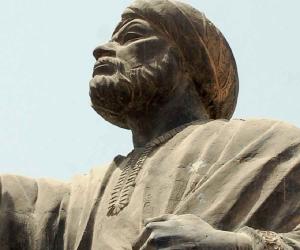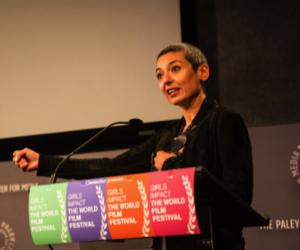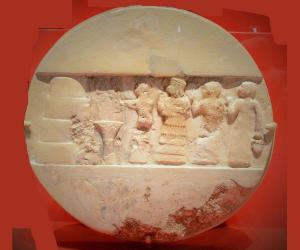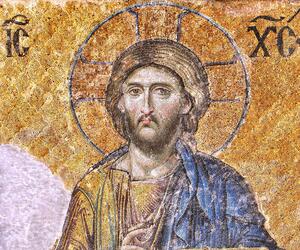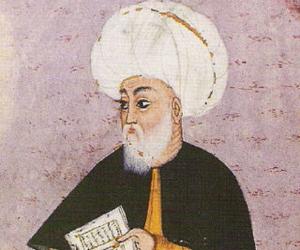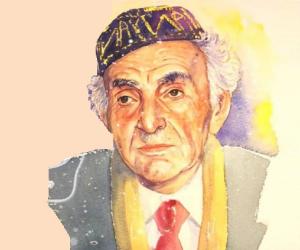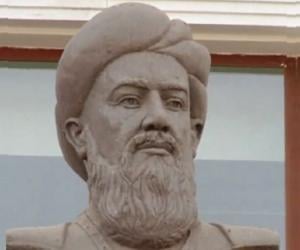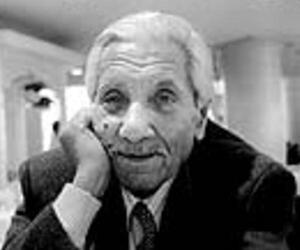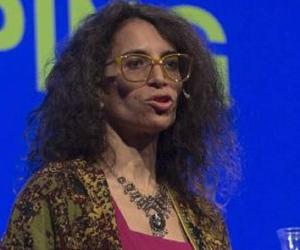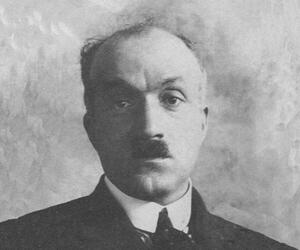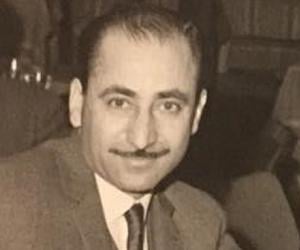1
Abu Nuwas
(Poet)
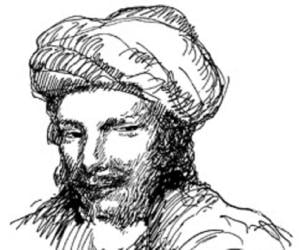
14
3
Birthdate: 0756 AD
Birthplace: Ahvaz, Iran
Died: 0814 AD
Abū Nuwās al-Ḥakamī, known as Abū Nuwās, was a prominent classical Arabic poet during the Abbasid Caliphate era. He was a leading figure in the development of modern poetry (muhdath). Abu Nuwas gained recognition for his innovative and often controversial works, which tackled various themes like love, wine, and satire. His poetry was highly regarded for its wit, humor, and linguistic mastery. Abu Nuwas' influence extended beyond his time, as his works were later incorporated into the folkloric tradition, including appearances in One Thousand and One Nights.
